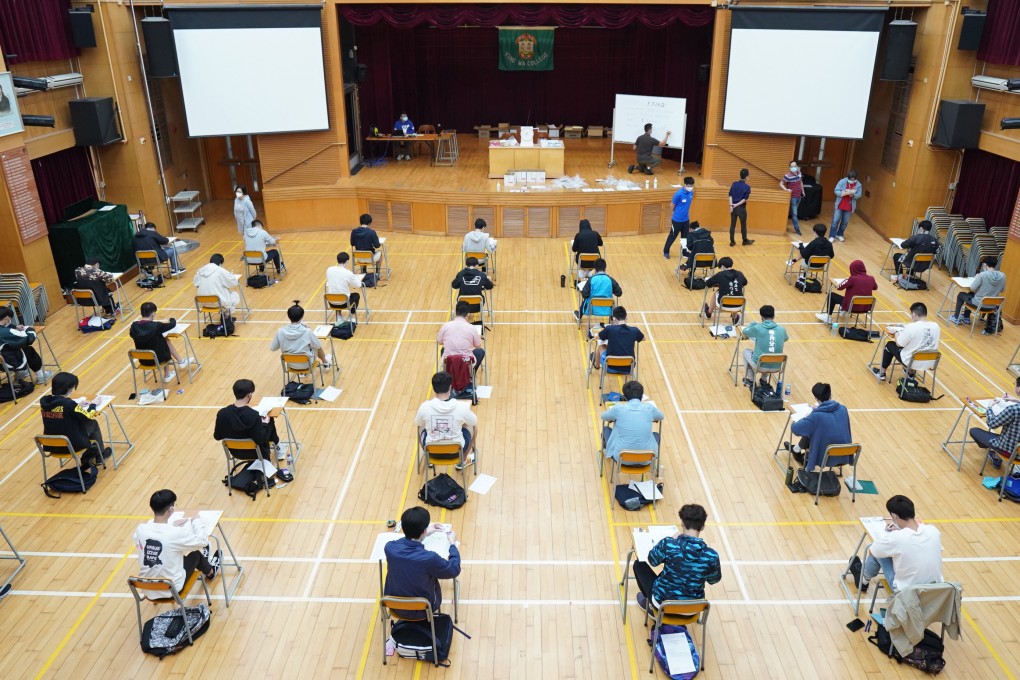Opinion | Reform of Hong Kong’s education system should start with less focus on standardised tests
- Drilling students for exams that fail to measure deep understanding and key skills or prepare them for the real world of work will not alleviate Hong Kong’s talent shortage
- What’s more, standardised tests put students from lower income backgrounds and ethnic minority groups at a disadvantage

While we can debate how to change our education system for the better, it seems clear from the data that “business as usual” is not the way to go. And although education reform is a multifaceted issue, changing how students are assessed can be the much-needed first step.
At present, we rely on standardised tests, which are not good indicators of deep understanding or key skills. Attributes such as teamwork, curiosity, resilience, empathy and morality simply cannot be measured. Moreover, studies have at best shown a statistically insignificant relationship between deepness of thinking and high grades, and at worst a statistically significant relationship between shallow thinking and high grades among some younger learners.

Three fundamental changes are needed.


